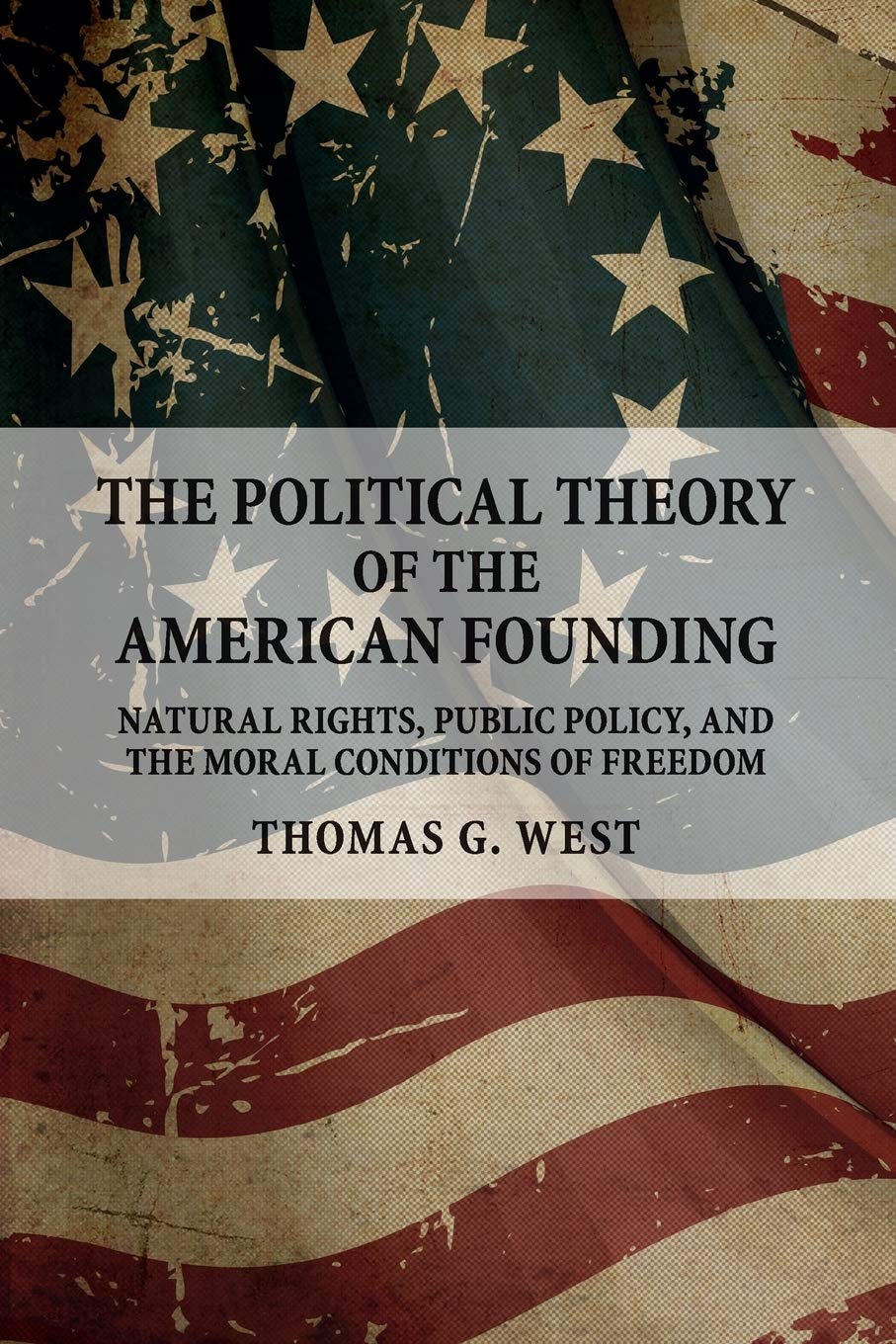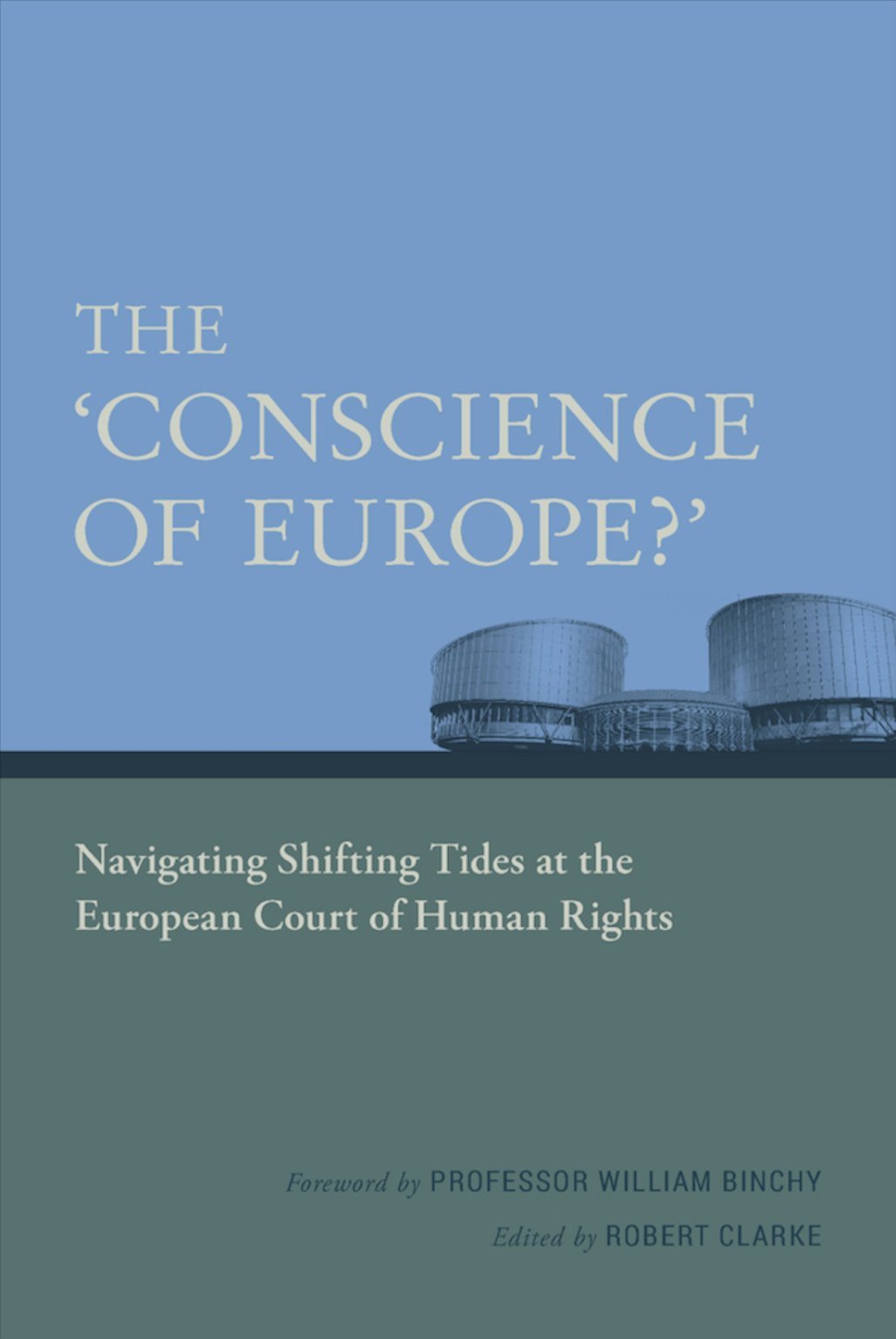Abortion is one of the greatest tragedies that faces mankind across the globe. The Guttmacher Institute reports that 56.3 million induced abortions were performed worldwide between 2010 and 2014. That is an increase of nearly 6 million compared to 1990-1994.[1] These numbers represent 25 percent of pregnancies globally, meaning that a quarter of all children […]
Read MoreDeconstructing the Arguments for Abortion
- Post by: Evan Lenow
- December 24, 2017



